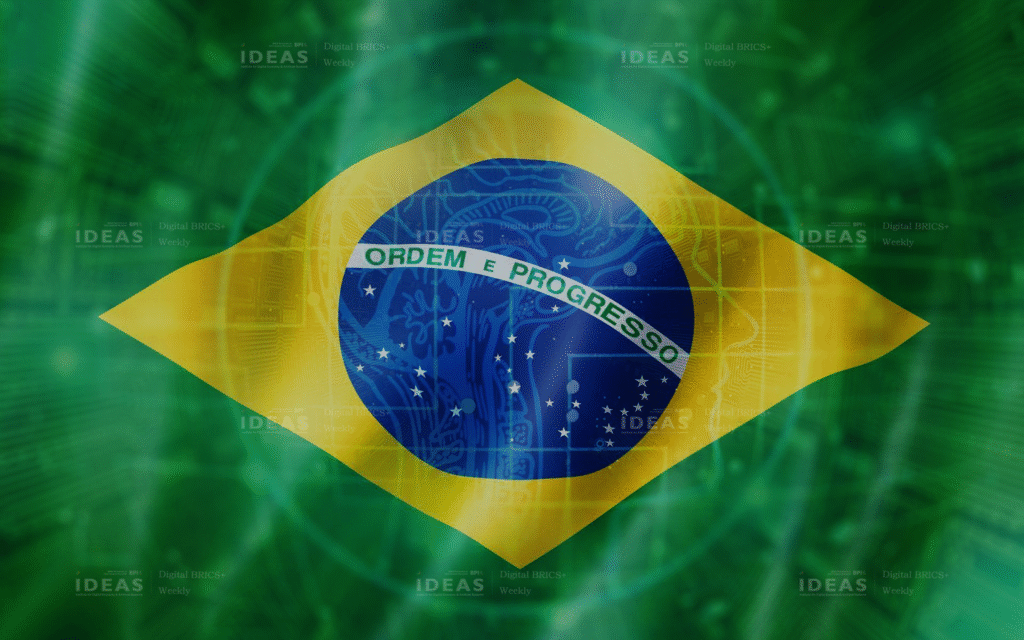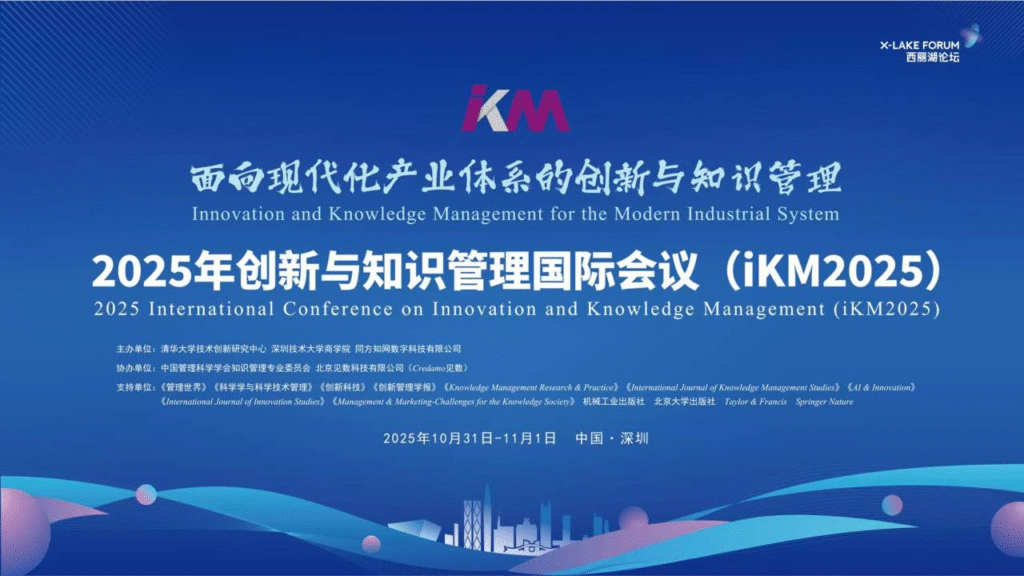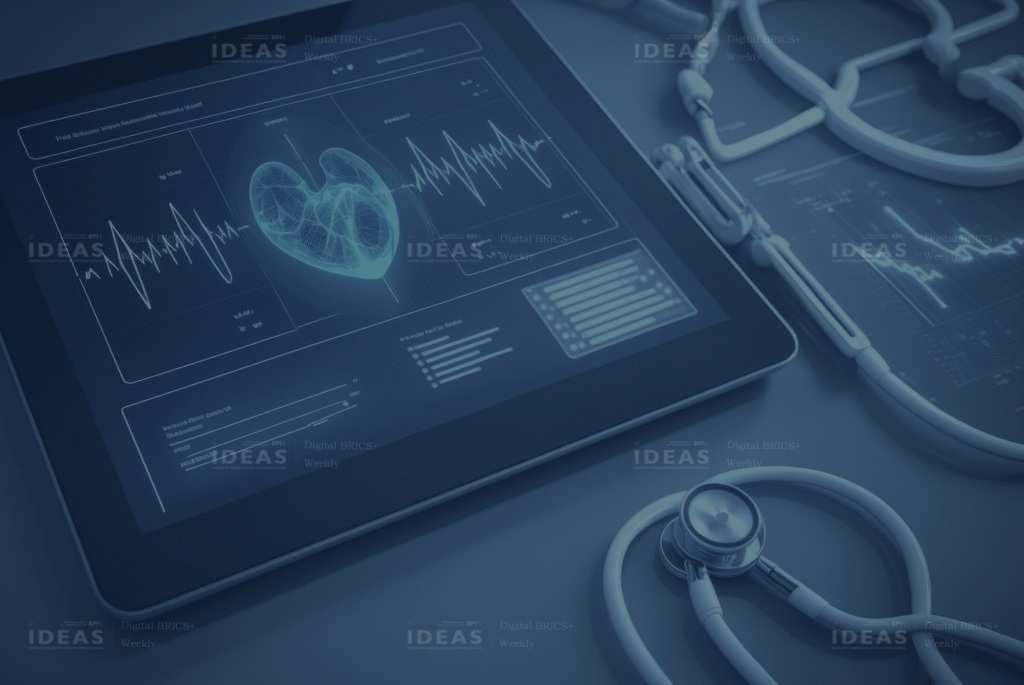On November 15, Erik Solheim, former Under-Secretary-General of the United Nations, former Minister of the Environment and Foreign Aid of Norway, the sixth Executive Director of the United Nations Environment Programme (UNEP), and now the Chairman and Vice Chairman of the Belt and Road International Coalition for Green Development (BRICGD), and President of the Belt and Road International Institute for Green Development (BRIIDGED), participated in one of the high-level dialogues “Roundtable Forum on Sustainable Development” in the IDEAS Pavilion. Roundtable Forum on Sustainable Development”, one of the high-level dialogues held in the IDEAS Pavilion. During the dialogue, Erik Solheim spoke highly of China’s practices in the fields of plastic substitution and clean energy, and encouraged the participants to boldly utilize science and technology to address the climate challenge with innovative thinking and concrete actions.
The Digital Ecological Civilization Lab at the BRICS Innovation Base is dedicated to exploring the intersection between digital innovation, ecological civilization and sustainable development, and is actively adopting artificial intelligence technologies and digital tools to promote new approaches to ecological conservation and sustainable development. This initiative aligns closely with the development philosophy of the Global South and aims to empower local communities in climate change response. The Lab is deeply collaborating with the World Meteorological Organization (WMO) and the United Nations Indigenous Peoples and Minorities Research Program (UNIPORT), and is committed to enhancing multiple perspectives and pathways for ecological civilization. With COP30 scheduled to take place in Brazil next year, the Lab will persist in advancing global sustainable development efforts, promoting the integration of ecological civilization, digital innovation, and green governance to tackle the escalating challenges of climate change.







No comment yet, add your voice below!